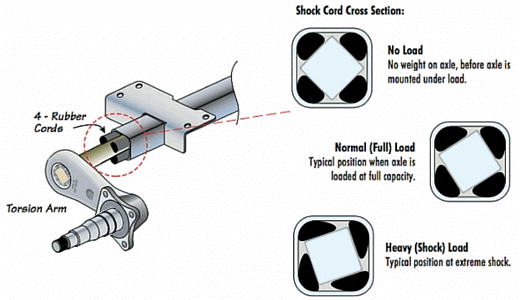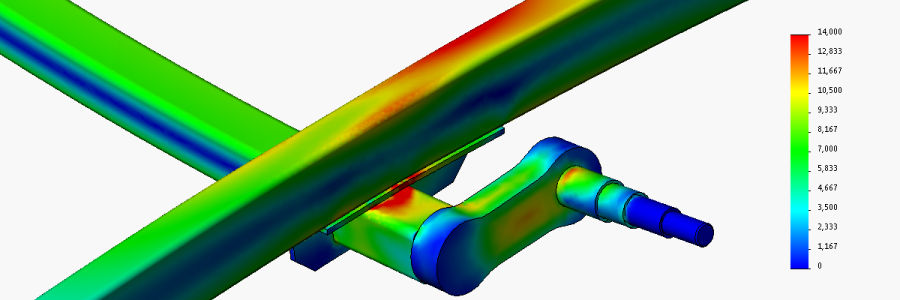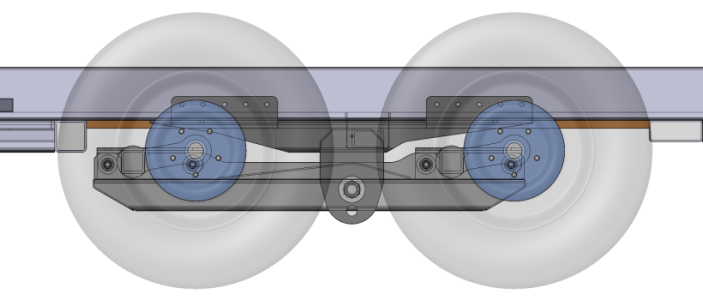-Jim-
Member
Hi Gents,
Quick Question looking for answers:
Any downside or benefit to Torsion Arm suspension over typical Leaf Springs?
I was recruited to help a Buddy look at a used Galvanized EZ Load Trailer to replace his painted (read RUSTY) one that came with his boat he bought used 3 or 4 years ago. I advised him when he bought the boat the paint wouldn't stand up to the salt water, but he got a deal.
Anyway, I advised him I have zero experience on a trailer with Torsion Arm suspension on a EZ Load Boat Trailer Model EZB 17-20 3100 (2800) => 22 foot trailer / 3100 pound capacity, but I'm certain some of the Gents here certainly will.
Please advise any pros or cons you know of. A timely response would be appreciated.
Thanks for the assist.
Quick Question looking for answers:
Any downside or benefit to Torsion Arm suspension over typical Leaf Springs?
I was recruited to help a Buddy look at a used Galvanized EZ Load Trailer to replace his painted (read RUSTY) one that came with his boat he bought used 3 or 4 years ago. I advised him when he bought the boat the paint wouldn't stand up to the salt water, but he got a deal.
Anyway, I advised him I have zero experience on a trailer with Torsion Arm suspension on a EZ Load Boat Trailer Model EZB 17-20 3100 (2800) => 22 foot trailer / 3100 pound capacity, but I'm certain some of the Gents here certainly will.
Please advise any pros or cons you know of. A timely response would be appreciated.
Thanks for the assist.





